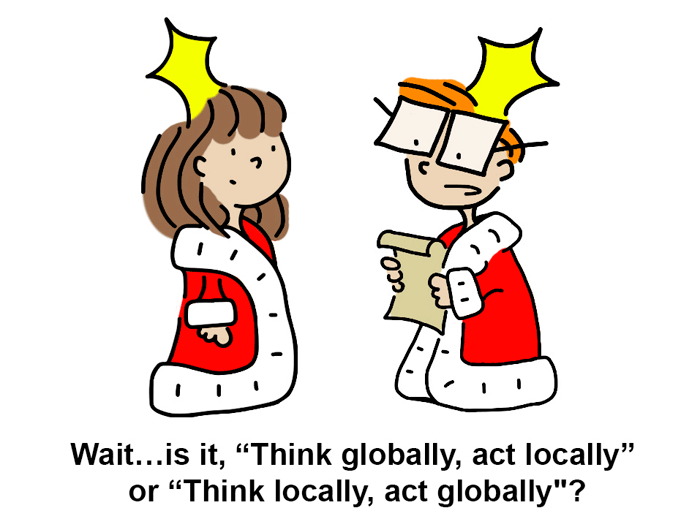
This week’s reading tackles the term “transnational grassroots politics” and how it affects the lives and experiences of those trying to “reterritorialize” their lost home. Peter Michael Smith explains in his article “Transnational Migration and the Globalization of Grassroots Politics” that the globalized social spaces in which immigrants exist in lead to new forms of political mobilization that vastly differs from usual politics. One aspect he argues is that this new form of politics is due to the immigrant’s characteristics of going beyond nation-state-bounded practices where it has reconstituted the sociocultural landscape, minimizing the relevance of borders. Smith goes on to discuss how these political movements are already growing modes of thought. One advantage of this movement is that it creates cultural and sociospatial spaces, as seen in Little Havanas and Koreatowns throughout the country. One disadvantage is that this “politics of return” leads a person to feel “lost” in their host country, especially when they depart their home country involuntarily. My question is how much influence do these transnational politics hold and how can they affect voting results in both the local and global governments?
Smith, Michael Peter. 1994. “Can You Imagine? Transnational Migration and the Globalization of Grassroots Politics.” Social Text, No. 39 (Summer, 1994), pp. 15-33.
Image: https://www.e-education.psu.edu/emsc302/node/502
No comments:
Post a Comment